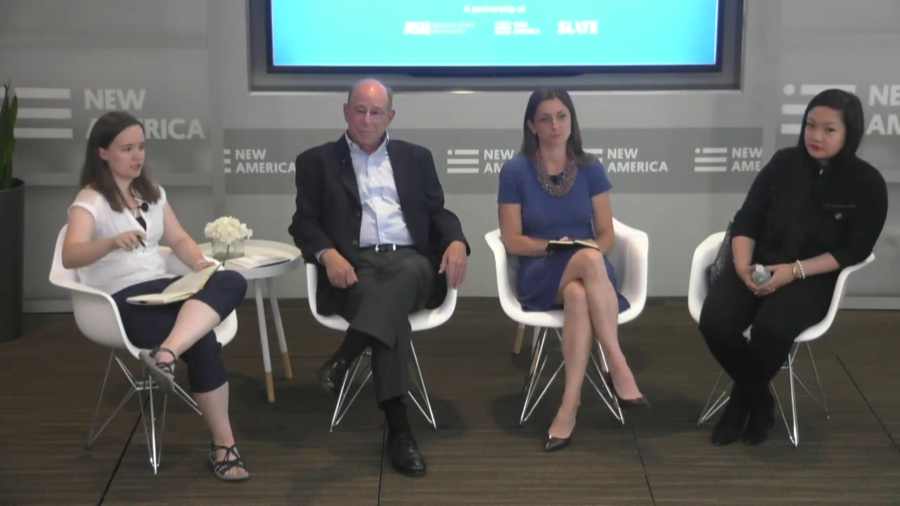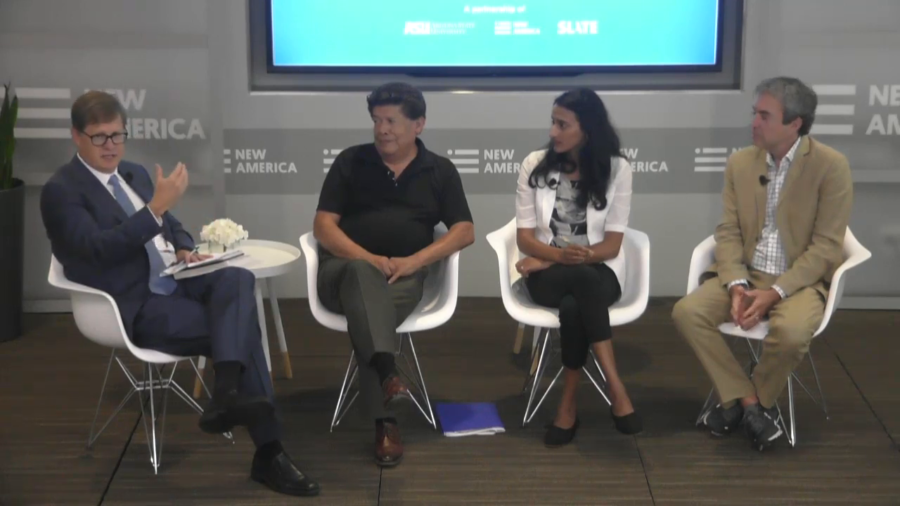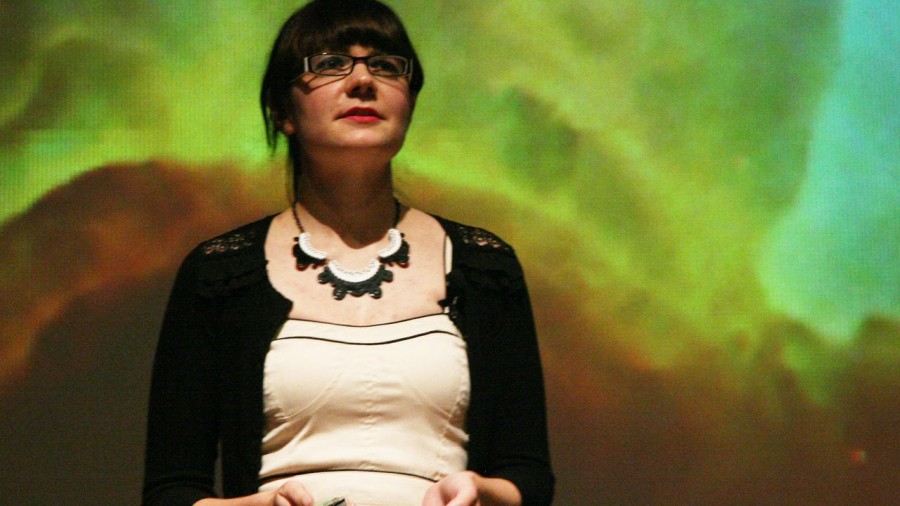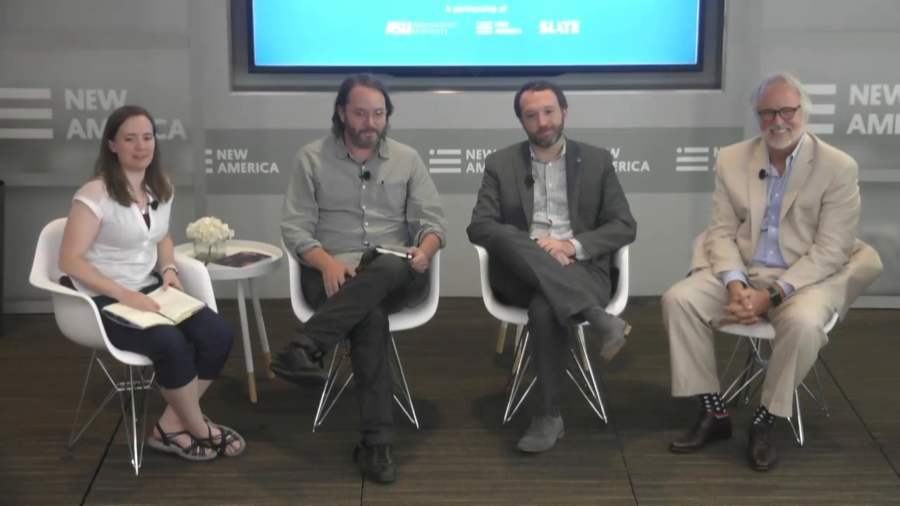Community is always part of a system that we sometimes can or cannot see or recognize. And in Gerard O’Neill’s proposals for these islands in space, those communities…were supposed to perform a very specific function in a larger system. They were supposed to be experiments.
Archive

I personally am not worried about settlements. I think they’re so far in the future that we can’t predict what they’ll look like. We can’t even keep human beings, particularly a lot of human beings, alive in space or have real settlements, the way we envision a colony or a settlement. I don’t think the lack of sovereignty is going to hurt any of this.

I think we’re already moving into a very—uncomfortably for most of us, into a place where nation-states, governments, are being forced to cede authority to corporations. And that is going to, I assume, happen faster and faster. And if you throw in space, if you throw in the limitlessness of space, then I mean…the sky’s the limit so to speak. I don’t know what the…where that takes us.
So long as we’re limited to one planet, ultimately our resources are limited. And therefore every person in the world is competing with every other person in the world for a piece of a finite pie. Okay, and every new person born is a threat, every nation is fundamentally the enemy of every other nation, every race of every other race, and the only question is how do we kill them.
I think the saddest thing is if you ever stop wanting to learn new things. And it can be about anything. That’s just really heartbreaking. I don’t know. It’s just so much part of like who you are as a human to learn new things constantly. And so to not be curious, not want to learn new things and not create new patterns and connections…you’re pretty much giving up your human self.
Everything we know about biological sciences, medicine, agriculture, disease, whatever, is based on studying one example of life. Life on Earth. Life as we know it. If we find another example that’s different, a second genesis, and independent origin of life, comparing those two might enable us to answer questions that we would never be able to answer if we only had one example to study. That could provide practical benefits for humans as well as better understanding of how to manage ecosystems, etc.

Hacking science and space exploration isn’t just about getting excited and making things. But it’s about getting excited and making disruptively accessible things. Things that really disrupt the current state of science and a lot of the elitism around it, and truly make it accessible for everyone.

